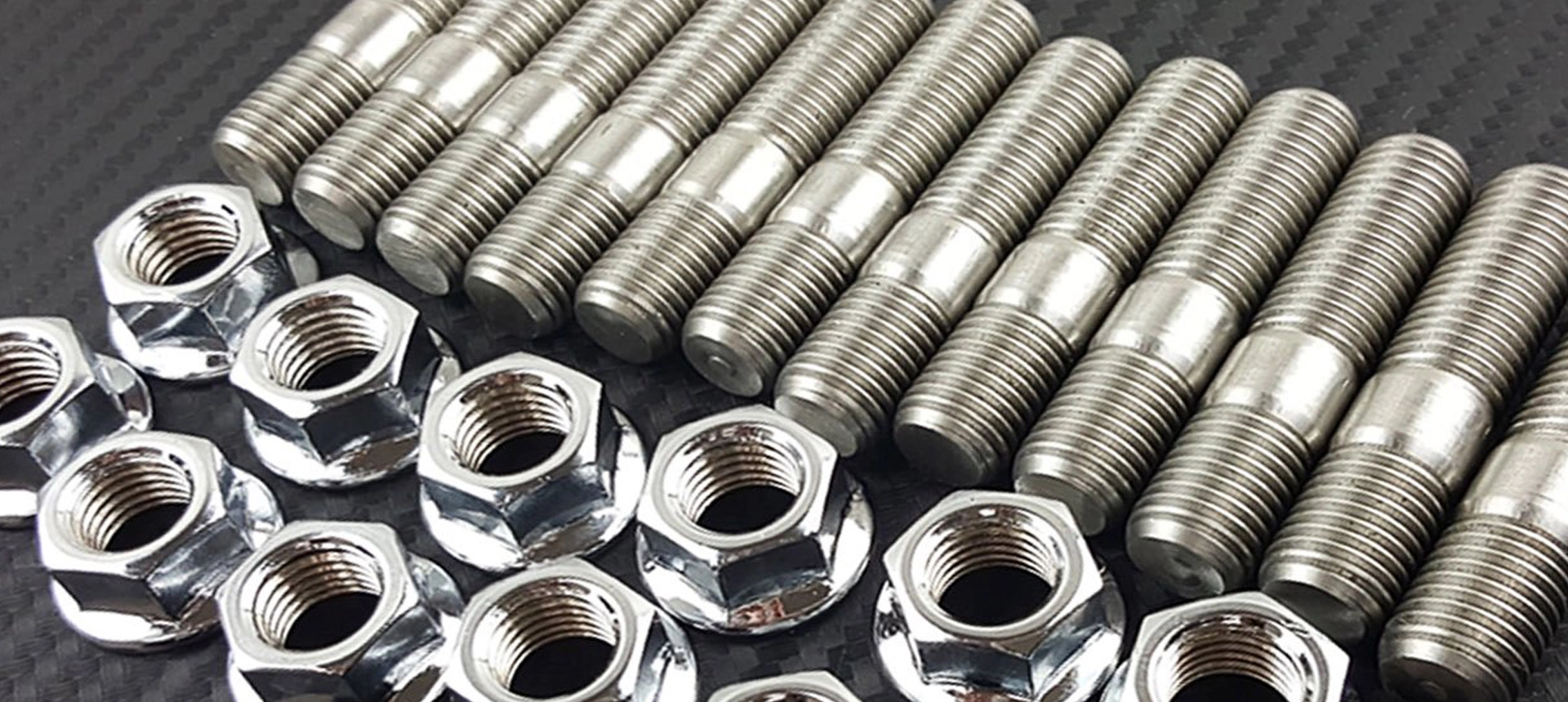
استكشاف تقنيات التصنيع باستخدام الحاسب الآلي لإنتاج البراغي ينطوي على الاستفادة من العمليات المتقدمة التي يتم التحكم فيها بواسطة الكمبيوتر لإنشاء مثبتات مترابطة دقيقة للغاية ومتسقة. تستخدم هذه التقنيات أدوات قطع متنوعة ، مثل المطاحن والمخارط والمطاحن ، لتشكيل المواد الخام في تصميمات مسامير مخصصة مع تفاوتات صارمة. يسمح التصنيع باستخدام الحاسب الآلي بإنتاج البراغي بكفاءة وفعالية من حيث التكلفة بكميات صغيرة أو كبيرة ، لتلبية احتياجات مختلف الصناعات. تضمن هذه التقنية أعلى جودة ودقة وقوة البراغي ، مما يساهم في السلامة العامة وأداء المنتجات والهياكل المجمعة.
فوائد التصنيع باستخدام الحاسب الآلي لتصنيع البراغي عديدة ، بما في ذلك الدقة المحسنة والاتساق والكفاءة. تسمح هذه العملية التي يتم التحكم فيها بواسطة الكمبيوتر بإنشاء تصميمات براغي معقدة مع تفاوتات محكمة ، مما يضمن ملاءمة وأداء فائقين. التصنيع باستخدام الحاسب الآلي يقلل من الخطأ البشري ويتيح الإنتاج السريع للكميات الصغيرة والكبيرة على حد سواء ، وتلبية احتياجات الصناعة المتنوعة. بالإضافة إلى ذلك ، تقلل هذه التكنولوجيا من نفايات المواد وتحسن استخدام المواد الخام ، مما يساهم في فعالية التكلفة والاستدامة. بشكل عام ، أحدث التصنيع باستخدام الحاسب الآلي ثورة في تصنيع البراغي ، وتقديم مثبتات عالية الجودة وموثوقة لمختلف التطبيقات.
أنواع مختلفة من البراغي تخدم أغراض متنوعة في مختلف الصناعات ، وتوفر حلول ربط أساسية لمجموعة واسعة من التطبيقات. هنا لمحة عامة عن بعض الأنواع الشائعة من البراغي:
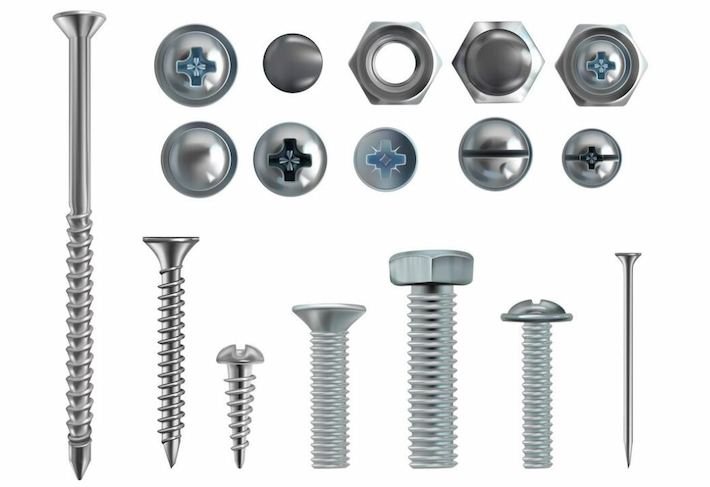
مسامير مزورة:
غي مسامير عرافة:
مزورة برأس سداسي وعمود ملولب.
تستخدم عادة في التطبيقات الثقيلة بسبب قوتها.
غي مسامير النقل:
مزورة برأس مستدير ناعم ورقبة مربعة تحتها.
مثالية للتطبيقات التي تتطلب لمسة نهائية جذابة بصريًا.
غي مسامير العين:
مزورة برأس حلقية (العين) لربط الكابلات أو الخطافات.
تستخدم غالبًا في تطبيقات الرفع أو كنقاط ربط.
مسامير مشكلة على البارد:
مسامير شفة:
شكل بارد مع شفة مسطحة مكبرة تحت الرأس.
مصممة للتطبيقات التي تتطلب توزيع الحمل.
فابر تبديل البراغي:
يتم تصنيعها باستخدام آلية محملة بنابض لتثبيت العناصر الثقيلة.
مناسبة لتركيبات الجدران المجوفة.
مسامير لف الخيط:
① U-البراغي:
تستخدم عملية لف الخيوط لإنشاء مسامير على شكل حرف U مع نهايات ملولبة.
تستخدم عادة في تأمين الأنابيب والأنابيب والكابلات.
مسامير ربط:
يضمن لف الخيط خيوط دقيقة لتحقيق الاستقرار عند تضمينه في الخرسانة.
تستخدم في التطبيقات الهيكلية والأساس.
البراغي الساخنة مزورة:
غي البراغي المصعد:
ساخنة مزورة برأس مسطح وقمة ضحلة مربعة.
مثالية للاستخدام في أنظمة النقل ودلاء المصعد.
غي مسامير المحراث:
مصممة خصيصًا من خلال التشكيل الساخن لتطبيقات الحرث.
يتميز برأس مسطح ورقبة مربعة لمنع الدوران.
مسامير تشكيله الدقة:
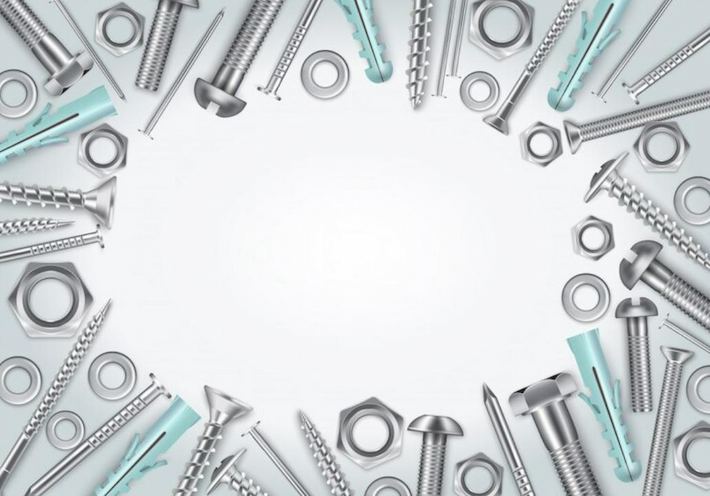
السيطرة على التوتر البراغي:
تشكيله مع تصاميم متخصصة تتميز بمفاتيح أو أخاديد.
يتطلب مفتاح ربط خاص لشد دقيق أثناء التثبيت.
② ي-البراغي:
تخلق الآلات الدقيقة مسامير على شكل J تستخدم عادة لتعليق العناصر.
غالبا ما تستخدم في البناء ودعم الأنابيب.
مسامير مترابطة بالكامل:
برغي مسمار:
مسامير ملولبة بالكامل بدون رأس ، مصممة للاستخدام مع المكسرات.
يتم تشكيلها لضمان الدقة واستخدامها في الوصلات ذات الشفة لخطوط الأنابيب وأوعية الضغط.
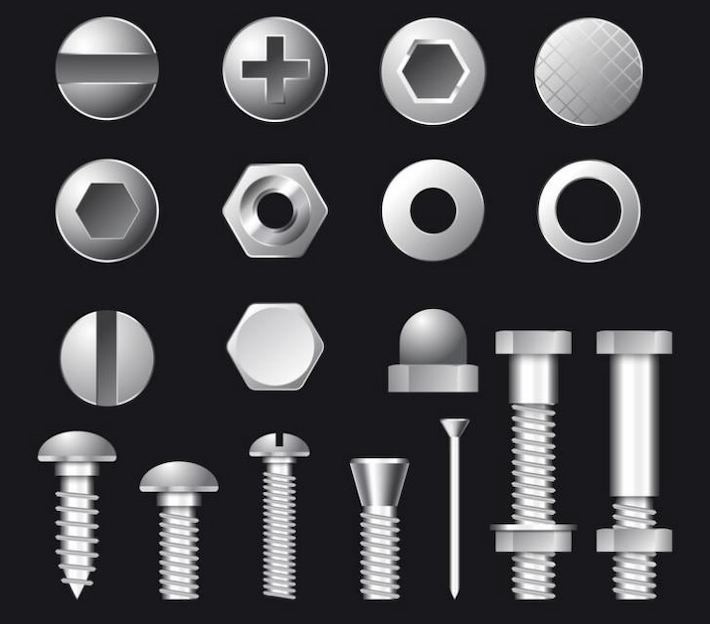
هذه مجرد أمثلة قليلة على المجموعة المتنوعة من البراغي المتاحة ، كل منها مصمم لتلبية الاحتياجات المحددة في الصناعات التي تتراوح من البناء والسيارات إلى التصنيع والبنية التحتية. يعتمد اختيار نوع البراغي على عوامل مثل التطبيق ومتطلبات الحمل والظروف البيئية.
اختيار البراغي عالية الجودة أمر ضروري لضمان سلامة وموثوقية الهياكل والتجمعات. هنا بعض العوامل الرئيسية التي يجب مراعاتها عند اختيار البراغي:
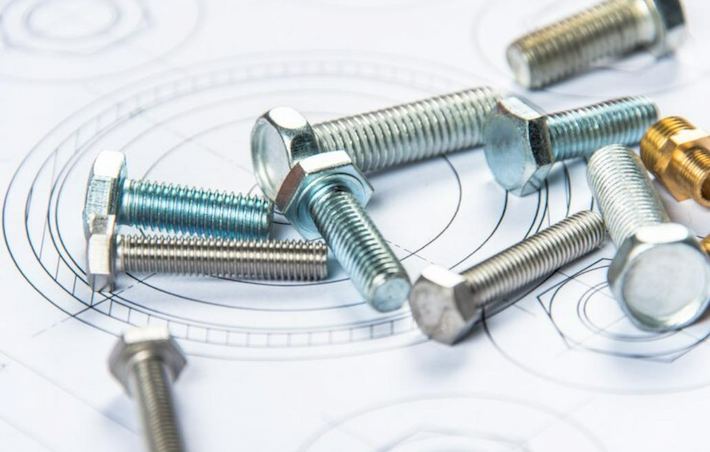
جودة المواد:
اختر البراغي المصنوعة من مواد عالية الجودة ، مثل الفولاذ المقاوم للصدأ أو سبائك الصلب ، المعروفة بقوتها ومقاومتها للتآكل.
النظر في الظروف البيئية التي تتعرض لها البراغي واختيار المواد التي يمكن أن تتحمل تلك الظروف.
القوة والصف:
إيلاء الاهتمام لقوة وعلامات الصف على البراغي. غالبًا ما يكون للبراغي ذات الدرجة العالية قوة شد وعائد أفضل.
تطابق درجة الترباس مع المتطلبات المحددة للتطبيق الخاص بك ، مما يضمن أنه يمكنه التعامل مع الأحمال المتوقعة.
طلاء والانتهاء:
غالبًا ما يتم طلاء البراغي لتعزيز متانتها ومقاومتها للتآكل. تشمل الطلاءات الشائعة طلاء الزنك أو الغلفنة أو غيرها من الطلاءات المقاومة للتآكل.
اختر الطلاء المناسب للبيئة المقصودة ، مثل الظروف الخارجية أو الرطوبة العالية.
حجم ونوع الخيط:
حدد مسامير بالحجم الصحيح ونوع الخيط للتطبيق الخاص بك. يجب أن يتطابق القطر والطول والخيط مع متطلبات المفصل الذي يتم تثبيته. تأكد من أن الخيوط نظيفة وجيدة التشكيل وغير تالفة.
الميزات الخاصة بالتطبيق:
النظر في أي ميزات محددة مطلوبة للتطبيق الخاص بك ، مثل الطلاء المتخصصة ، خصائص مكافحة التآكل ، أو أنواع الرأس الفريدة.
قد تتطلب بعض التطبيقات مسامير ذات خصائص محددة ، مثل تلك المصممة لبيئات درجات الحرارة العالية.
